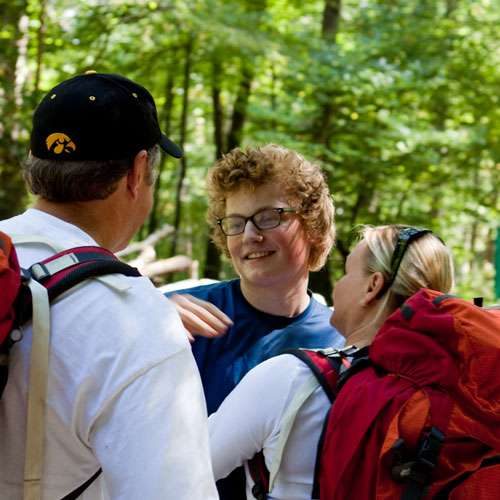Just How Stressed is My Teen?
From hurdling issues at home to maintaining friendships and anticipating college applications, teens today cope with a substantial amount of stress and anxiety. Even more unsettling, a recent American Psychological Association study found that most teens greatly underestimate how stress impacts their physical and mental health, despite their reported stress levels surpassing that of many adults. One of the most familiar and debilitating forms that teen stress takes on is catastrophization.
How To Placate the Panic
You may have experienced your teen, in times of pressure and high anxiety, let their mind skip straight to the worst-case scenario and plunge into panic mode. When he or she is catastrophizing, you can watch their productivity go right out the window. Sometimes, bringing logic and planning into the equation can quickly quell their end-of-the-world thinking. Here are a few simple steps to bring them back into the moment and develop a winning strategy.
- Gather the facts. Describe the known aspects of the stressful situation. It is helpful to write down the who, what, when, where and why to create a visual situation on paper.
- The worst of it. Next, describe the perceived worst-case scenario, no matter how unlikely, and write it down. This step may shed light on any outlandish or hyperbolic, causing them to rethink the likelihood of this scenario.
- In a perfect world. In order to activate positive emotions surrounding the issue, create the best possible unfolding and outcome and write that down. Be sure to spend time focusing on the specific details of the best-case scenario, as the more you can quell anxiety, the more beneficial this process will be.
- Most likely scenario. Analyze the scenario that seems most probable, given the facts. It is important to be honest and realistic in your analysis. Oftentimes, the most likely scenario is right in between the fearful catastrophic scenario and the best-case.
- Make a plan. With anxiety declining, your teen will likely be in a more stable mindframe to develop a strategy based on the most likely scenario. This plan of action will make them feel more equipped to deal with the outcome and has removed the fear factor of the unknown.
Once his or her stress levels are down, they can manage their stress in the moment and preemptively with techniques such as box breathing, list making and daily physical activity.
Trails Carolina can help
Trails Carolina is a wilderness therapy program for struggling youth, ages 10-17. Our students commonly deal with issues such as depression, anxiety, ADHD, and other behavioral challenges. We use outdoor learning and nature therapy to improve the lives of young people.
For more information about how Trails Carolina’s nature therapy can help, please call 800-975-7303 today
Get started today
Contact us today to learn how Trails Carolina can help your family
Trails saved my daughter’s life. Amanda is an amazing human and a brilliant therapist. I am so grateful to her, Science Steve, and the other wonderful people who could reach my daughter at a time when I could not.
Margot Lowman August 2022
Great life changing experience for our son. After becoming addicted to gaming during covid he was very depressed. At Trails he experienced the wilderness, Science Steve, learning survival skills and top notch therapy and support etc… I highly recommend! This gave our son and our family a renewed family bond full of love and excitement about his bright future.
Winnifred Wilson July 2022
Outstanding clinical work and superb staff! There’s a great culture at this company and it shows with how they engage with families/clients.
Kristin Brace June 2022
Discover If Trails Is The Right Program For Your Child
Take our short online assessment and help us better understand how we can help your family.




